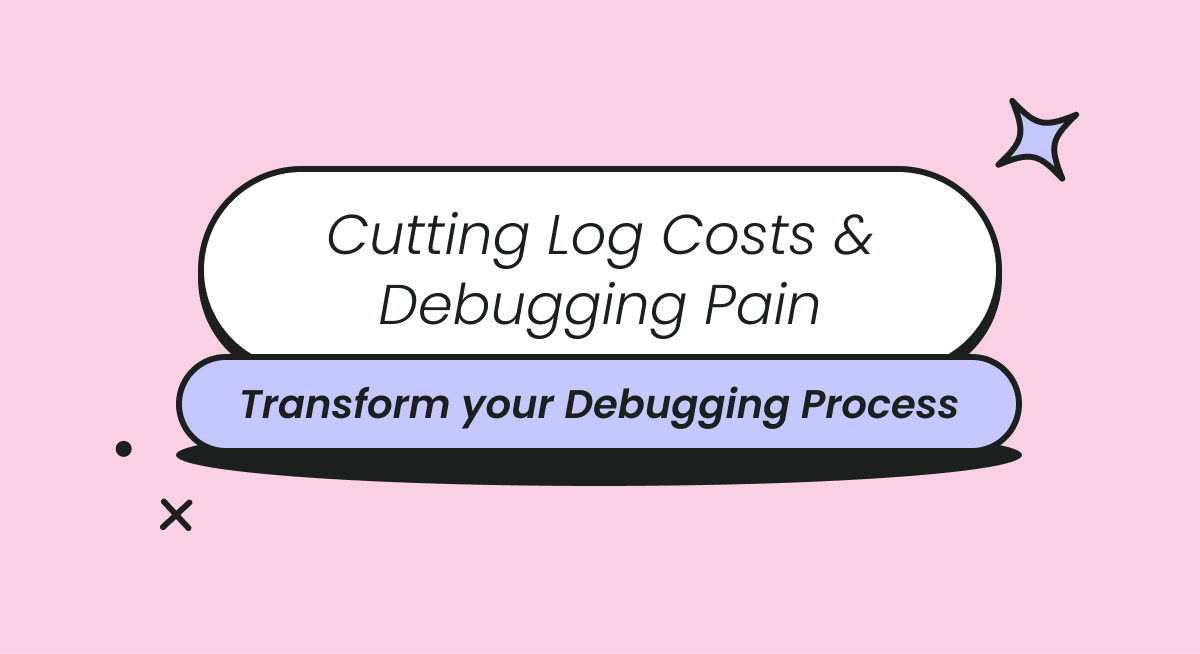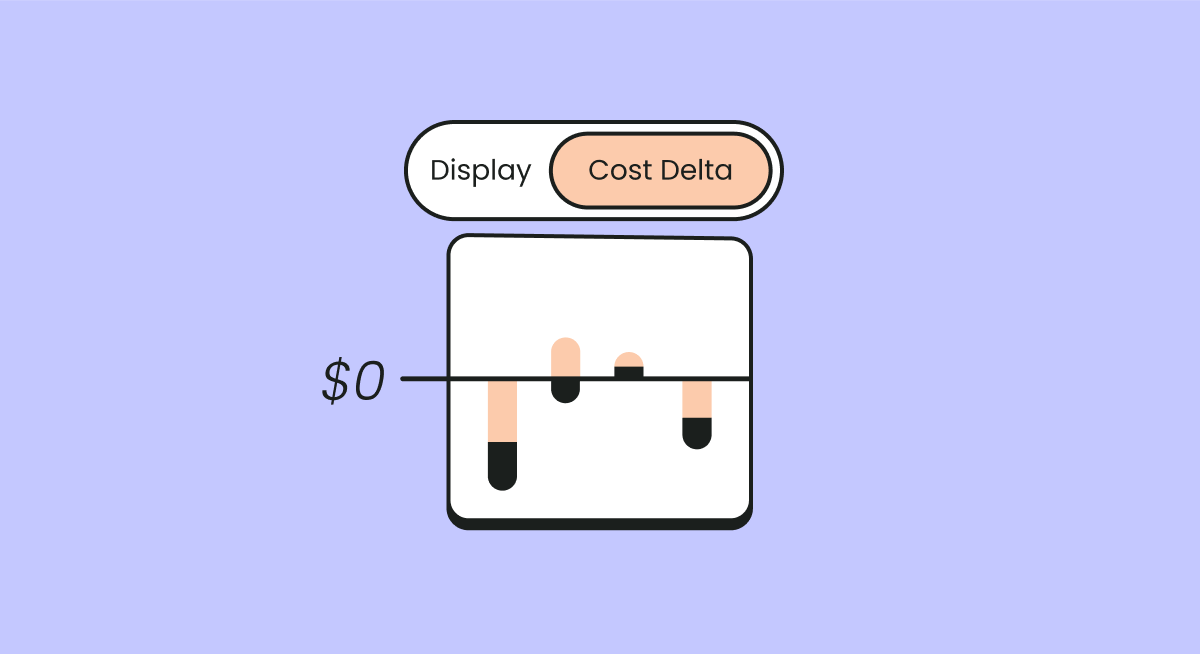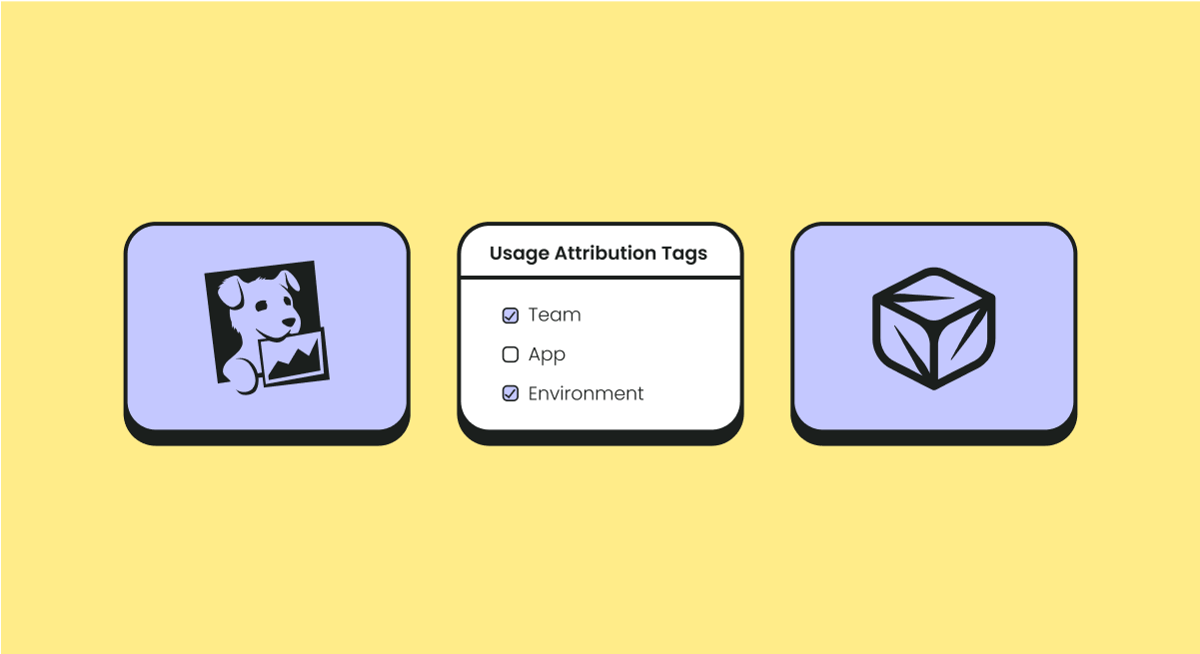
Elastic IP is a feature offered by cloud service providers such as Amazon Web Services (AWS), that enables users to allocate a static IPv4 address to cloud resources, like EC2 instances or load balancers. This capability provides the ability to reroute the IP address to different instances, helping to build highly available, fault-tolerant applications in the cloud.
Elastic IP addresses are especially useful when there is a need to maintain a consistent IP address even if the underlying instance or resource is replaced or terminated.
This is one of our most popular articles. Don’t miss another highly viewed piece on What is Datadog—read it here.
Why Choose Elastic IP?
Elastic IP addresses are valuable for AWS EC2 users due to their static and permanent nature. They provide a fixed public IP address, which is crucial for applications like websites, email servers, and VPNs. Users have complete control over Elastic IP addresses, even if they are not associated with any instance. Elastic IP addresses can easily be associated with different EC2 instances, enabling seamless failover and load balancing. They also offer an extra layer of protection and allow for reassociation in case of compromise.
Overall, Elastic IP addresses offer flexibility, stability, and control over public IP addresses in AWS.
Cost Issues with Elastic IP
It is important to note that Elastic IP addresses do come with costs. The pricing of Elastic IP may vary depending on the region and usage. In general, an Elastic IP address is free when it is associated with a running instance.
One thing to mention is that effective from February 1, 2024, there will be a charge of $0.005 per IP per hour for all public IPv4 addresses, whether attached to a service or not (there is already a charge for public IPv4 addresses you allocate in your account but don’t attach to an EC2 instance).
However, if the fact, an Elastic IP is not associated with a running instance or is associated with a stopped instance doesn’t mean you won’t be billed for it. It is always recommended to check the latest pricing information on the official AWS website for accurate details. Some customers have reported paying significant amounts, such as $3,000 monthly or even $10,000 for their Elastic IP addresses.
Managing Elastic IP Costs
Monitoring and managing Elastic IP costs can be done through AWS Cost Explorer. To spot Elastic IP costs in Cost Explorer, follow these steps:
- Go to the AWS Management Console and open the Cost Explorer.
- In the navigation pane on the left, choose "Costs".
- In the "Costs by Service" section, scroll down or use the search bar to find "Amazon Elastic Compute Cloud - Elastic IP".
- Click on "Amazon Elastic Compute Cloud - Elastic IP" to view the cost details.
And then
Elastic IP Cost Allocation
Do you want to tag an Elastic IP for cost purposes? Think again, because even though it has a fancy resource name attached to it, AWS won’t let you. And to see if that Elastic IP is just lounging around doing nothing? Well, you better get those eyes ready to manually sift through the AWS console. Because who doesn't love the time-consuming potential for human mistakes? Oh, and while we're at it, wouldn't it be nice to know who's leaving these digital loungers around?
Another option to spot idle elastic IP costs is by the AWS CLI using this command:
“aws ec2 describe-addresses --filters --query “Addresses[?AssociationId==null]””
This command will output all your unassociated idle Elastic IP, creating a more cost-efficient environment:
Output:
[
{
"PublicIp": "1.2.3.4",
"AllocationId": "eipalloc-0ca55fdc3f4a14c8d",
"Domain": "vpc",
"Tags": [],
"PublicIpv4Pool": "amazon",
"NetworkBorderGroup": "us-east-1"
},
{
"PublicIp": "4.5.6.7",
"AllocationId": "eipalloc-0591a830bfa99b25c",
"Domain": "vpc",
"Tags": [
],
"PublicIpv4Pool": "amazon",
"NetworkBorderGroup": "us-east-1"
}
]
However, by utilizing advanced FinOps tools such as Finout, we can automatically scan for idle Elastic IP addresses and show the related costs per region in two clicks (not to mention Finout identifies waste scans for EC2, RDS, EKS, and more).
Conclusion
Elastic IP addresses provided by cloud service providers like AWS offer significant benefits in terms of flexibility, stability, and control over public IP addresses assigned to EC2 instances. They are particularly useful for maintaining consistent IP addresses, rerouting network traffic, and enhancing brand reputation and security.
To ensure cost efficiency, it is crucial to monitor and assess the costs associated with Elastic IP addresses, especially if they are not associated with a running instance.









